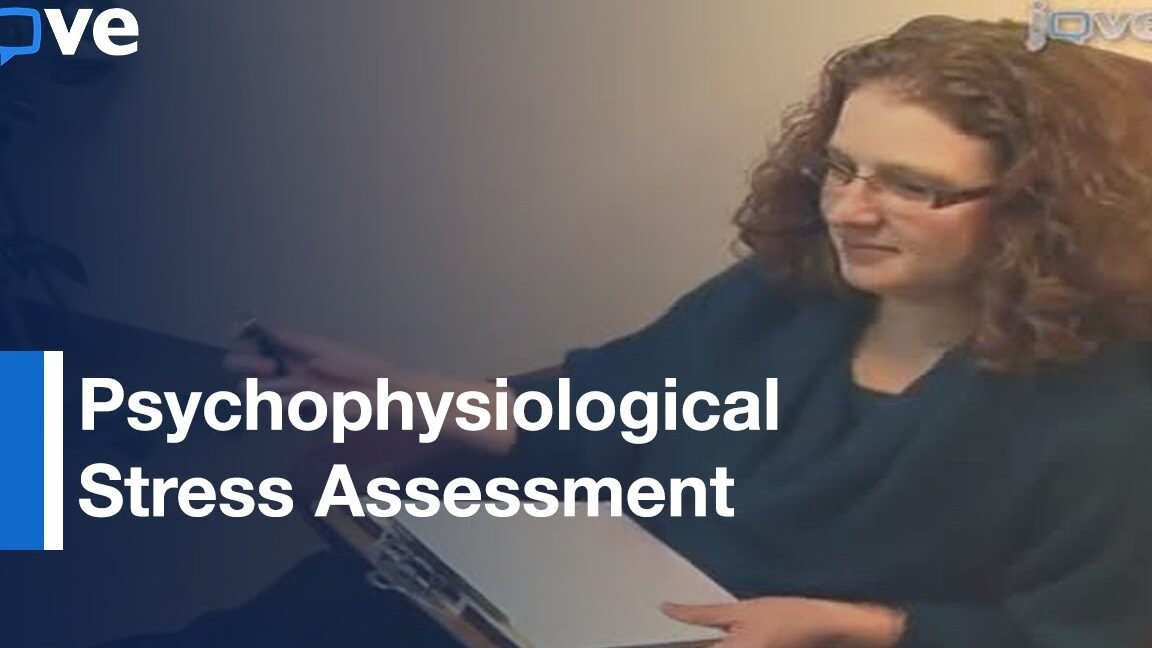Beautiful Plants For Your Interior

The Role of Stress in Psychophysiological Insomnia Development
Understanding Psychophysiological Insomnia
Definition and Characteristics
Psychophysiological insomnia is a type of sleep disorder characterized by difficulty in falling asleep or staying asleep, primarily due to psychological factors such as stress and anxiety. Unlike other forms of insomnia, psychophysiological insomnia is often linked to a learned association between the bed and wakefulness, leading to a cycle of anxiety and sleeplessness.
| Characteristic | Description |
|---|---|
| Onset | Difficulty falling asleep due to racing thoughts or anxiety. |
| Duration | Can be acute or chronic, often lasting for months or years. |
| Associated Factors | High levels of stress, anxiety, and depression. |
The Connection Between Stress and Insomnia
How Stress Affects Sleep Patterns
Stress triggers the body’s fight-or-flight response, releasing hormones such as cortisol and adrenaline. These hormones can disrupt the natural sleep cycle, making it difficult to relax and fall asleep. According to the American Psychological Association, approximately 75% of adults experience stress that affects their sleep quality.
| Stress Factor | Impact on Sleep |
|---|---|
| Work-related stress | Increased anxiety leading to difficulty in falling asleep. |
| Personal life stress | Ruminating thoughts causing frequent awakenings. |
| Financial stress | Heightened worry leading to insomnia. |
Psychological Mechanisms Involved
Cognitive Behavioral Patterns
Cognitive Behavioral Therapy (CBT) has been shown to be effective in treating psychophysiological insomnia. Individuals often develop negative thought patterns about sleep, which can exacerbate their insomnia. For instance, the fear of not being able to sleep can create a self-fulfilling prophecy, leading to increased anxiety and further sleep disturbances.
| Cognitive Distortion | Effect on Sleep |
|---|---|
| Catastrophizing | Believing that one will never sleep again. |
| Overgeneralization | Assuming that one bad night of sleep will lead to chronic insomnia. |
| All-or-Nothing Thinking | Viewing sleep as either perfect or a complete failure. |
Strategies for Managing Stress and Insomnia
Effective Interventions
Managing stress is crucial for alleviating psychophysiological insomnia. Techniques such as mindfulness meditation, progressive muscle relaxation, and regular physical activity can significantly improve sleep quality. A study published in the Journal of Clinical Psychology found that participants who engaged in mindfulness practices reported a 50% reduction in insomnia symptoms.
| Intervention | Benefits |
|---|---|
| Mindfulness Meditation | Reduces anxiety and promotes relaxation. |
| Progressive Muscle Relaxation | Helps in releasing physical tension. |
| Regular Exercise | Improves overall sleep quality and reduces stress levels. |
Conclusion
Stress plays a pivotal role in the development of psychophysiological insomnia, creating a cycle of anxiety and sleeplessness that can be challenging to break. Understanding the mechanisms behind this relationship is essential for effective treatment. By employing stress management techniques and cognitive behavioral strategies, individuals can improve their sleep quality and overall well-being. As we continue to explore the intricate connections between stress and sleep, it becomes increasingly clear that addressing psychological factors is crucial for overcoming insomnia.

